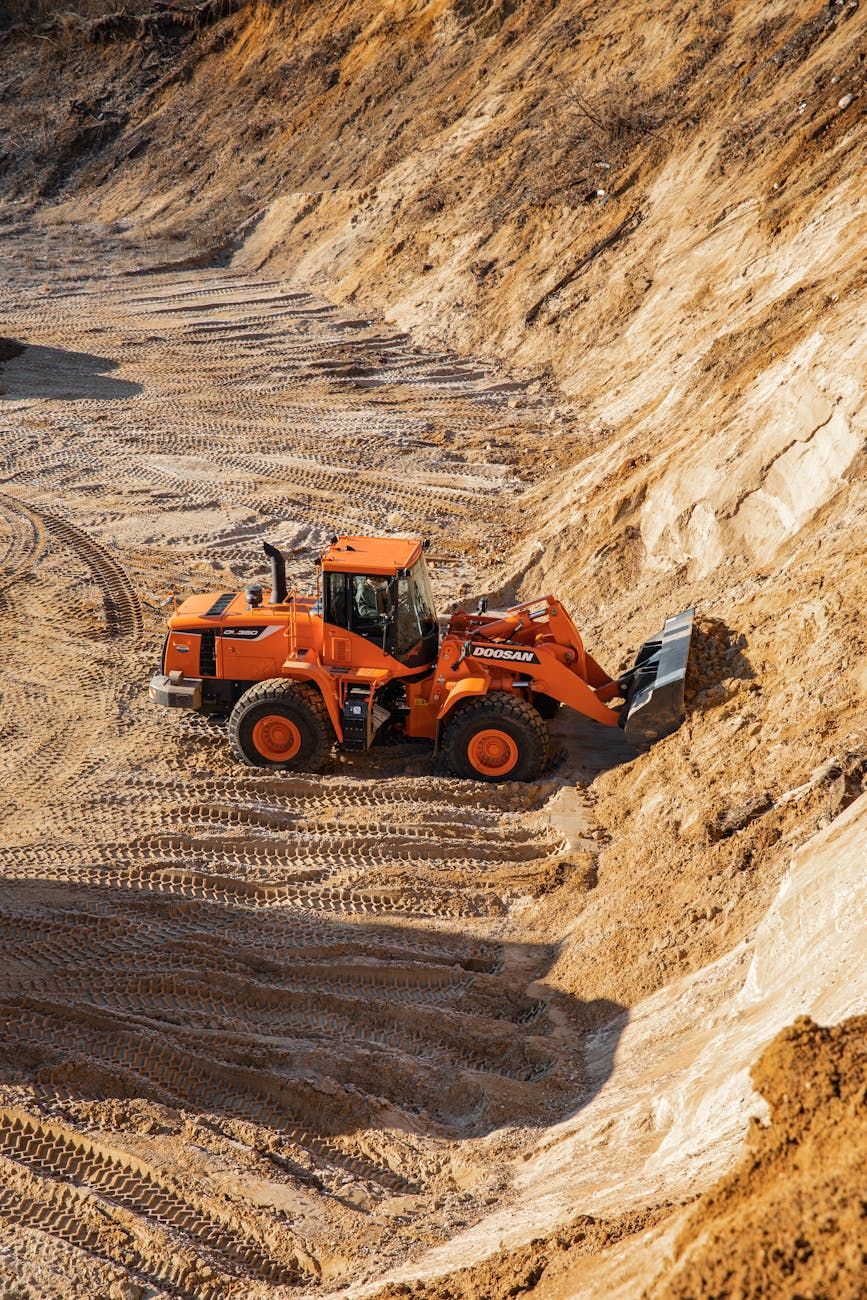
The Future of Sustainable Construction: Innovations Reducing Environmental Impact
Business, Industry & ScienceSustainable construction is paving the way for a greener and more environmentally friendly future in the building industry. With the increasing focus on reducing carbon footprints and preserving the planet, innovations in green technologies and eco-friendly materials are revolutionizing the construction sector. These advancements not only benefit the environment but also contribute to energy efficiency and the utilization of renewable energy sources.

One of the key aspects of sustainable construction is the use of eco-friendly materials that have a lower impact on the environment compared to traditional building materials. Materials such as recycled wood, bamboo, straw bales, and recycled steel are gaining popularity for their sustainability and durability. Additionally, the recycling of construction materials plays a crucial role in reducing waste and lowering the carbon footprint of construction projects.
Energy efficiency is another critical focus in sustainable construction practices. Buildings account for a significant portion of energy consumption globally, and ensuring that new constructions are energy-efficient can lead to substantial energy savings. Utilizing techniques such as passive solar design, efficient insulation, and energy-efficient appliances can significantly reduce a building's energy consumption over its lifetime.
Renewable energy sources are also increasingly being integrated into construction projects to reduce reliance on non-renewable energy. Technologies such as solar panels, wind turbines, and geothermal heating systems are being incorporated into buildings to harness clean and sustainable energy. By utilizing renewable energy sources, buildings can lower their environmental impact and contribute to a more sustainable future.
In addition to materials and energy efficiency, sustainable construction focuses on innovative design approaches that promote sustainability. The concept of biophilia, which integrates natural elements into the design of buildings, is gaining traction for its benefits to occupants' health and well-being. Integrated design approaches that consider factors such as energy efficiency, natural light, and ventilation are essential for creating sustainable and healthy living spaces.
Zero waste construction is another emerging trend in sustainable construction practices. By focusing on reducing waste throughout the construction process and implementing recycling and reuse strategies, builders can significantly minimize the amount of waste that ends up in landfills. Zero waste construction not only benefits the environment but also promotes a more efficient and cost-effective construction process.
As the construction industry continues to evolve, the integration of sustainable practices and innovations is becoming increasingly vital. By embracing sustainable construction principles, builders can reduce their environmental impact, promote energy efficiency, and create healthier living spaces for occupants. The future of sustainable construction looks promising, with advancements in green technologies and eco-friendly materials leading the way towards a more sustainable and environmentally conscious building industry.

Relevant posts

Business, Industry & Science
Furniture Manufacturing at the Factory: From Timber to Stylish Interiors
In the world of interior design, furniture manufacturing plays a crucial role in bringing style and functionality to spaces. From timber processing to crafting stylish interiors, furniture factories are at the forefront of creating pieces that enhance our living and working environments. Let's delve into the fascinating world of furniture manufacturing and explore the process from start to finish.The Art of Timber ProcessingAt the heart of furniture manufacturing lies timber processing, where ra...

Business, Industry & Science
How to Choose the Perfect Business Cards for Your Brand
In the world of business, first impressions matter. Your business card is often the first point of contact someone has with your brand. It serves as a representation of who you are, what you do, and what your brand stands for. Therefore, it is crucial to choose the perfect business cards that accurately reflect your brand identity and leave a lasting impression on potential clients and partners. 1. Consider Your Brand Identity Before designing your business cards, you must have a clear...

Business, Industry & Science
New Horizons of Quantum Physics: What Will Change in the Next Five Years
Quantum physics, with its mind-bending theories and applications, continues to push the boundaries of human understanding and technological capabilities. In the realm of quantum computing, quantum technologies, and quantum research, scientists are constantly striving to unlock new possibilities and uncover groundbreaking discoveries. As we look ahead to the next five years, it's worth exploring the new horizons of quantum physics and envisioning what changes may come about in the field.Quantum c...

Business, Industry & Science
The Future of Work: How Companies Are Adapting to the New Digital Reality
As we navigate through the ever-evolving landscape of the business world, one thing is certain: the future of work is undergoing a significant transformation. Companies across industries are embracing the new digital reality and adapting their strategies to stay ahead in an increasingly competitive market.With the rise of digital transformation, the way we work has fundamentally changed. The traditional office setup is being redefined, giving way to remote work and hybrid workplace models. This...